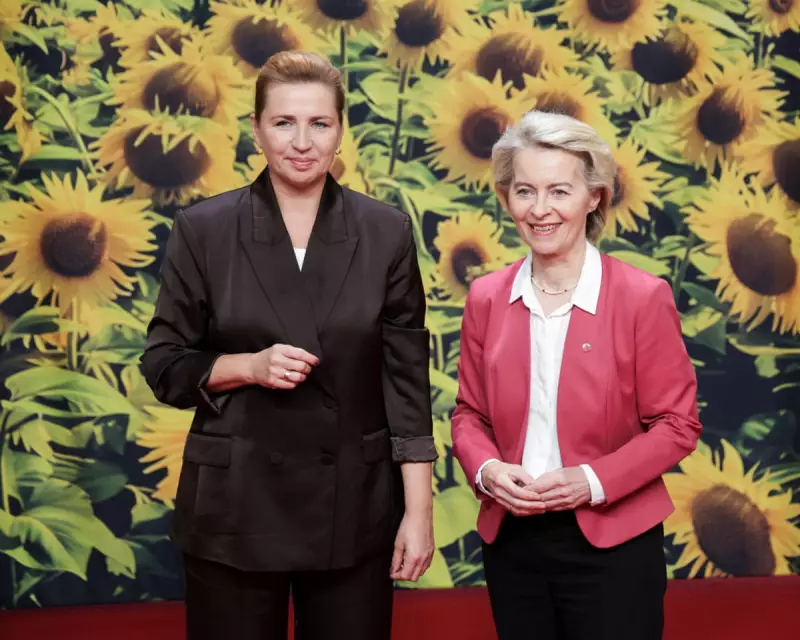
European leaders descended upon Copenhagen for a pivotal European Political Community summit, with Ukraine's defence against Russian aggression taking centre stage in high-stakes diplomatic discussions.
Unity Against Aggression
The historic gathering saw 47 European nations present a united front, with Ukrainian President Volodymyr Zelenskiy's participation underscoring the continent's unwavering support for Kyiv. Danish Prime Minister Mette Frederiksen opened proceedings by emphasising that "European security is more crucial than ever" in the current geopolitical climate.
Strategic Defence Discussions
Key conversations focused on enhancing military support for Ukraine and strengthening continental defence mechanisms. French President Emmanuel Macron stressed the need for "coordinated European action" to counter Russian advances, while UK representatives highlighted ongoing training programmes for Ukrainian forces.
Energy Security Takes Priority
Beyond immediate military concerns, leaders engaged in critical talks about reducing European dependence on Russian energy. Several nations proposed accelerated transitions to renewable sources and improved energy-sharing agreements across the continent.
Migration and Border Security
The summit also addressed pressing migration challenges, with multiple leaders calling for enhanced border cooperation and humanitarian approaches to displacement crises exacerbated by ongoing conflicts.
Demonstrations and Public Engagement
Outside the summit venue, Copenhagen witnessed both pro-Ukrainian demonstrations and climate protests, reflecting the broad spectrum of public concerns facing European policymakers. Security remained tight throughout the proceedings, with significant police presence around the Bella Center conference facility.
The Copenhagen gathering represents one of the largest European diplomatic meetings since the escalation of the Ukraine conflict, signalling renewed commitment to continental solidarity in the face of ongoing challenges.






